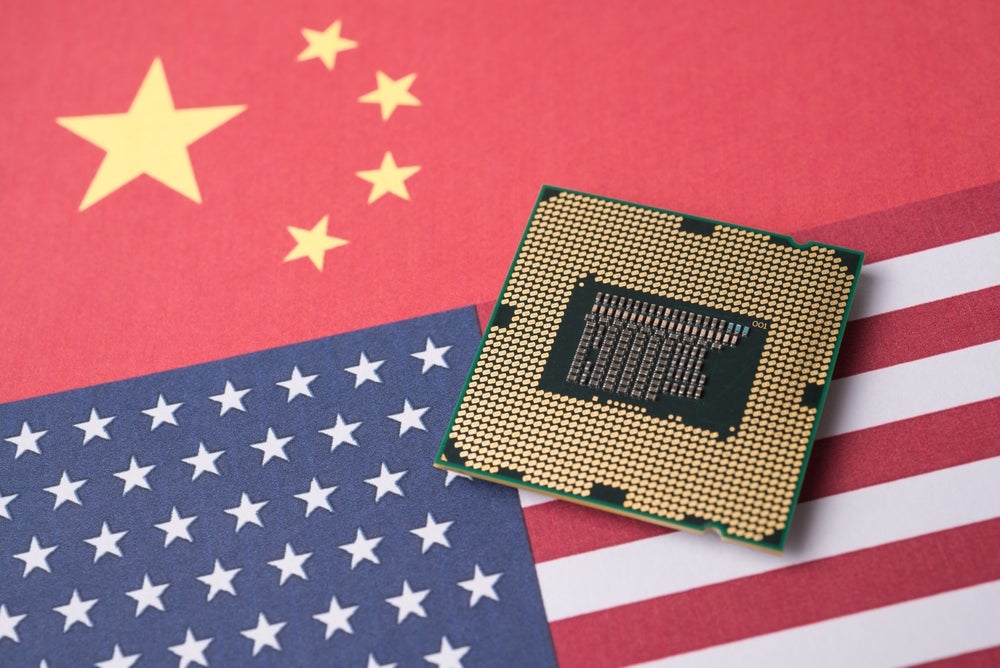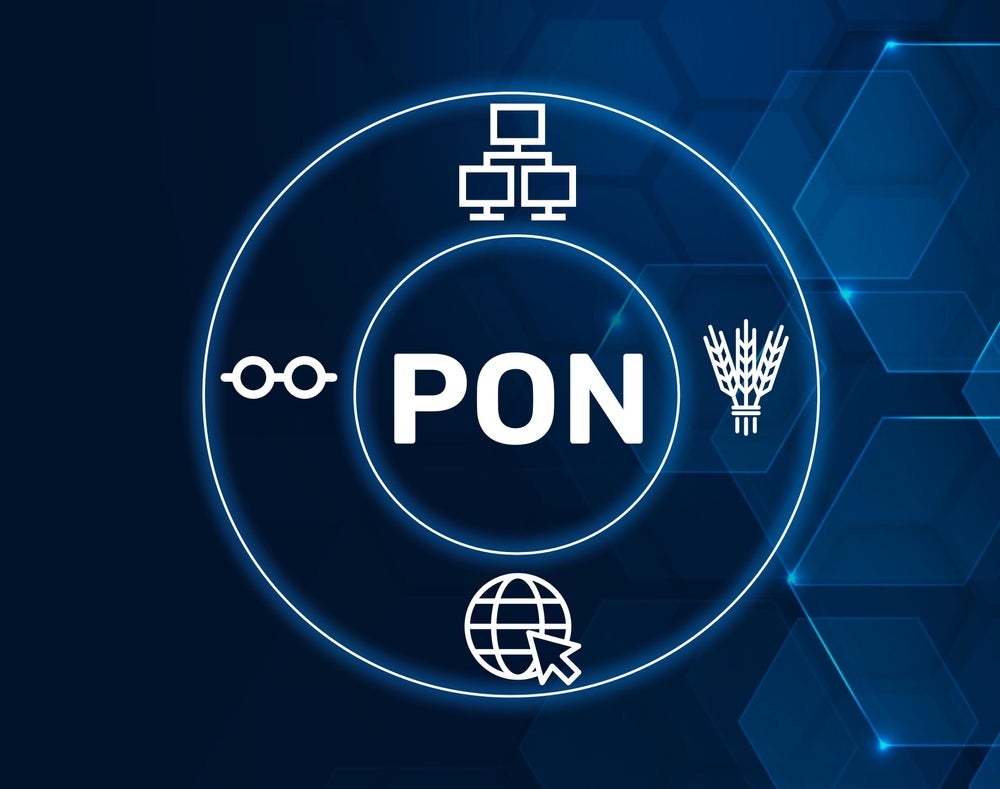
Network application programming interfaces (APIs) will “drive whole new types of capabilities and applications” for both consumers and businesses if they are rolled out as widely as many in the industry expect them to be, according to analysts.
Speaking on an episode of GlobalData’s Thematic Intelligence podcast ahead of the company’s Network APIs & Service Ecosystems: Economic Enlightenment or False Dawn? conference on 29 (EMEA/US) and 30 May (APAC), Jerry Caron, global head of research and analysis for its technology division, said there is a “huge amount of excitement” about the prospects of network APIs, suggesting that their value could be “almost existential for telecom service providers.”
The service provider opportunity
Caron explained: “For a number of years, 20 maybe 30 years, they’ve been locked in to a ‘crap’, if you will, where they have to keep investing in their networks more and more and more to meet the capacity demands of consumers and businesses alike, but they cannot raise the average revenue. So, they’re spending but not making any money off of that.
“And, meanwhile, which is even more frustrating for these companies is that as they’ve been doing this, they’ve been watching companies that offer application services writing totally for free over the networks that they’ve invested in. They’ve seen [the market caps of those companies] go up into the trillions, whereas [their own] market caps stay flat.
“Network APIs are seen by the telecoms industry and the related ecosystem as a way out of that trap to completely change the economics of offering services. So, it is, indeed, extremely generating a lot of excitement, and there’s a lot of effort being put toward it.”
Network API uses and prospects
APIs are not new. They allow different applications to communicate with each other. The maturation of network APIs – those that facilitate communication between network infrastructure – though, is what is causing current excitement within the telecoms sector in particular.
Speaking alongside Caron on the same podcast episode, Gary Barton, research director at GlobalData Technology, noted two uses in particular in which network APIs.
“One is how you buy services,” Barton explained, “And another is how you take data from the network itself about how that networks performing.
“For monitoring purposes for enterprises, they’re starting to look at how they can take that data and understand how the network is performing – and, therefore, how their wider IT systems are performing. A lot of application services are based in the cloud now – SaaS, we have public clouds – so they need to understand how the network is performing so they can understand how their systems are performing.
“But it’s also a way of how you buy these services as well. So, for the developer community, they’re looking at APIs as a way that they can take the connectivity that networks provide, and this is both the on the mobile side – 5G – and the fixed side – broadband … So, it’s basically a way of how the developer community can start to embed communication connectivity into a wider range of the services that they’re developing, which is why it matters both for the service providers, those who operate the networks, then also for the wider tech community.”
While there is excitement about network APIs, however, there remain some technical and regulatory hurdles.
Of their prospects, Barton added: “The APIs may open up new ways of embedding connectivity and buying services, but it’s not necessarily the panacea that they hope it is automatically. It doesn’t necessarily even certain and back in the value chain. It may just be a way to bypass the network operators for more advanced solution providers or different types of solution providers, such as application providers, to come in and just take that connectivity and leave the service providers as that much used phrase: ‘the dumb pipe’.
“I think the excitement’s there, but they need to prove that there is a business model that works for the service providers.”
Registration is open for GlobalData’s ‘Network APIs & Service Ecosystems: Economic Enlightenment or False Dawn?’ conference on 29 (EMEA/US) and 30 May (APAC).






